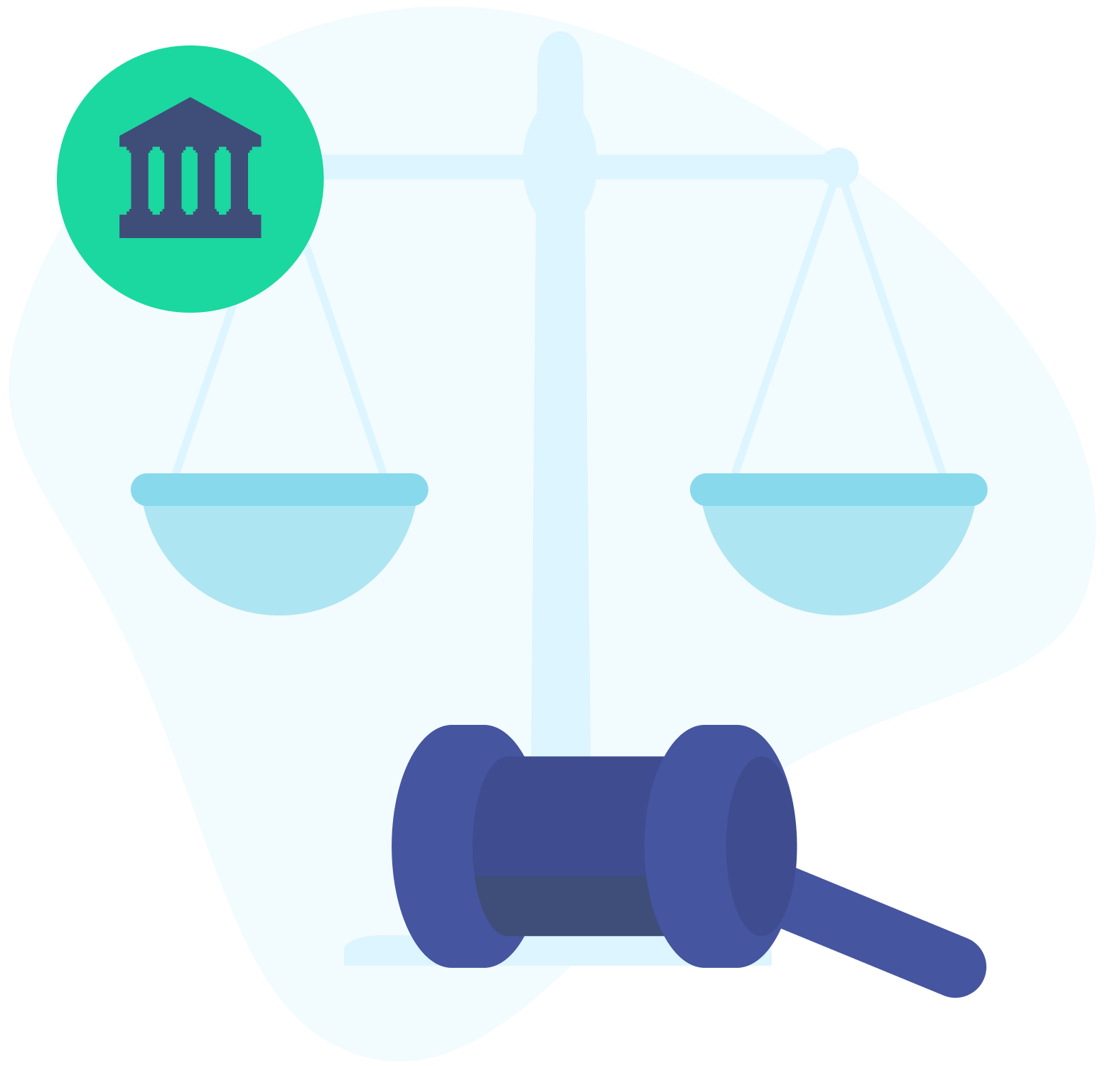Many lawyers want to know how to obtain a privacy law certification. If you’ve read our other article “What is the CIPP/US Certification”, you already know that obtaining the Certified Information Privacy Professional / U.S. (CIPP/US) certification means that you have advanced knowledge of U.S. privacy laws and regulations, including how those laws and regulations are applied. Obtaining CIPP/US certification, for all practical purposes, indicates to others that you are expert in U.S.-based privacy law.
For those subject to attorney ethics rules, however, additional steps are often required to claim that you are a true specialist in “privacy law.” For lawyers practicing in an overwhelming majority of states, this means that you must become certified as a Privacy Law Specialist (PLS).
What is the Privacy Law Specialist (PLS) Designation?
The Privacy Law Specialist designation is one of several certifications administered by the International Association of Privacy Professionals (IAPP), a U.S.-based non-profit organization that has a global reach. The IAPP administers many certifications in the privacy and data protection field, including separate CIPP certifications for the United States, Europe, Asia, and Canada, as well as the Certified Information Privacy Manager (CIPM) and Certified Information Privacy Technologist (CIPT) certifications.
- To learn more about the CIPM certification, visit our article “What is the CIPM Certification”
- To learn more about the CIPP/E certification, visit our article “What is the CIPP/E Certification”
- To learn more about the CIPT certification, visit our article “What is the CIPT Certification”
The PLS certification is the product of IAPP’s accreditation by the American Bar Association (ABA) to certify lawyers in the specialty practice area of Privacy Law. It is the first and only such designation that the ABA has accredited to verify that a U.S. lawyer has the experience and knowledge to specialize in the rapidly evolving field of privacy.
What is Required to Obtain PLS Certification?
Among the certifications administered by the IAPP, the PLS certification has the most onerous list of requirements. In fact, the IAPP requires that students earn both the CIPP/US, and one of either the CIPM or CIPT certifications, as a prerequisite to obtaining PLS certification. To earn any of these prerequisite certifications, you must take and pass qualifying examinations.
- To learn more about what it takes to receive a passing score on any IAPP exam, read our article “Explainer: What is a Passing Score on IAPP Exams”
The full list of requirements to obtain PLS certification includes:
- (1) Be an attorney admitted in good standing in at least one U.S. jurisdiction;
- (2) Obtain the CIPP/US designation from the IAPP, plus either a CIPM or CIPT designation;
- (3) Pass the PLS Ethics Exam administered by the IAPP, or submit a recent Multistate Professional Responsibility Examination (MPRE) score of 80 or above;
- (4) Provide proof of “ongoing and substantial” involvement practicing privacy law, which requires proof of at least 25% of your full-time practice over the last three years;
- (5) Supply evidence of at least 36 hours of continuing legal education (CLEs) in privacy law for the 3-year period preceding your application;
- (6) Provide at least 5 peer references from attorneys, clients or judges attesting to your privacy law qualifications; and
- (7) Pay an application fee of $100 when submitting your application.
Why is Obtaining a PLS Certification Important?
Attorneys across the U.S. are subject to the ethics rules of every jurisdiction for which they are a member of the bar. Most states have specific rules indicating when, and under what conditions, a lawyer may represent themselves as a “specialist” or “expert” in various fields of legal practice. If you are a member of a state bar and claim to be a specialist in “privacy law” without meeting the necessary requirements, you may find yourself subject to an attorney ethics complaint.
A significant number of states specifically require ABA accreditation of a specialty area of law before members of that bar may represent themselves as such a specialist. It is important to keep in mind, however, that not all states allow attorneys to claim expertise or specialization under any circumstance. That is true in some states, even if the lawyer has obtained ABA accredited status as a specialist or expert.
What Do Different States Have to Say About It?
Below is a list of how states approach the question of whether an attorney may represent themselves as a “specialist” in Privacy Law, or in another specialized field of practice. Regardless of the below list, you should consult your own state’s ethics laws prior to making any formal representation that you are a “specialist” or “expert” in the field of Privacy Law.
States that require ABA accreditation to claim specialization:
- Alaska
- Colorado
- Delaware
- Florida
- Kansas
- Kentucky
- Montana
- Nebraska
- New Hampshire
- New Mexico
- New York
- North Carolina
- Rhode Island
- South Dakota
- Tennessee
- Utah
- Wisconsin
- Wyoming
States where no ABA accreditation is required:
- Georgia
- Iowa
- Maryland
- Michigan
- Missouri
- North Dakota
- Oregon
- South Carolina
- Virginia
- Washington
States that recognize but do not require ABA accreditation:
- Arkansas
- Louisiana
- Massachusetts
- Mississippi
- New Jersey
- Vermont
States that prohibit claims of specialization:
- Illinois
- West Virginia
States that recognize specialization but have state-specific accreditation requirements:
- Alabama (PLS is sufficient)
- Arizona
- California
- Connecticut
- Hawaii
- Idaho
- Indiana
- Maine
- Minnesota (PLS is sufficient)
- Nevada
- Ohio
- Oklahoma
- Pennsylvania
- Texas (PLS is sufficient)
From the states included in the final category above, Alabama, Minnesota, and Texas have all granted accreditation to the IAPP’s PLS certification. In other words, each of these states recognize the PLS certification as adequate for members of their state bar to represent themselves as a specialist in Privacy Law.
To summarize, the PLS certification will allow an attorney to claim that he or she is a specialist in privacy law in at least 37 states across the U.S.
How Can Privacy Bootcamp Help You Obtain the PLS Certification?
Privacy Bootcamp is the all-in-one stop for online training for the CIPP/US and CIPM certification exams. We are the leaders in online IAPP training, having helped students earn more than 1,000 certifications from the IAPP.
We offer discounted rates for students that enroll in both our CIPP/US and CIPM courses at the same time. Doing so will allow you to save 10% on the price of each course. And with the Privacy Bootcamp Guarantee (full terms available here), you can study with peace of mind, knowing that if you complete one of our courses and for some reason do not pass the actual exam, you are entitled to a full refund of the price of the course. So, start your journey toward PLS certification, and study the smart way with Privacy Bootcamp.

